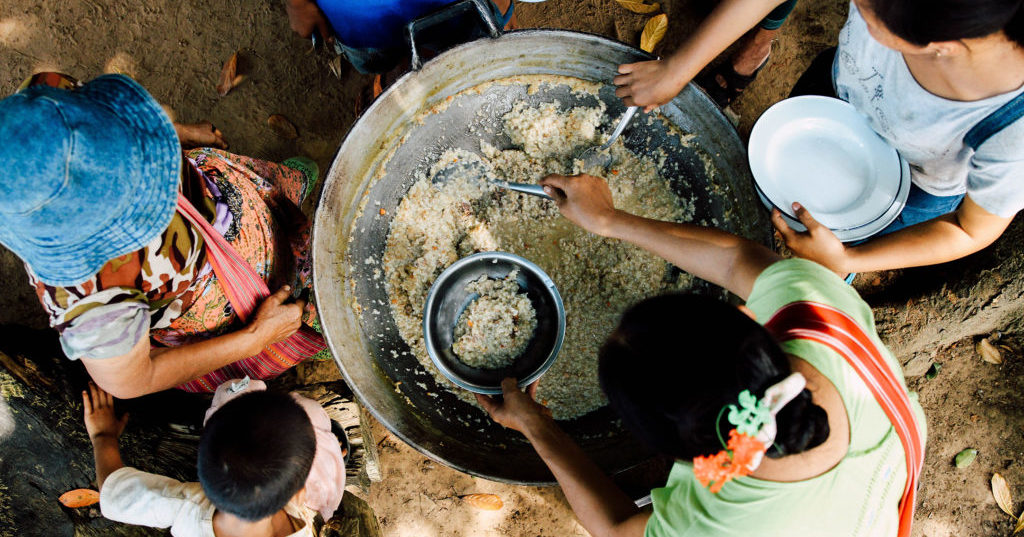“The countries with the highest rates of osteoporosis are the ones where people drink the most milk and have the most calcium in their diets. The connection between calcium consumption and bone health is actually very weak, and the connection between dairy consumption and bone health is almost nonexistent.” ~Amy Lanou Ph.D., nutrition director for the Physicians Committee for Responsible Medicine in Washington, D.C. [source]
Myth #1: Milk is the best source of calcium
Orange juice, figs, chia and sesame seeds, tofu, and spinach have almost as much or more calcium-per-serving as milk. It has also been argued that children should only drink their mother’s milk only up until they are three years old, as at that age they no longer produce the enzyme lactase, which means they cannot digest milk and cannot break down the casein (milk proteins), thus are not able to absorb calcium from milk.
This study from Sweden traced over 100,000 men and women over 20 years to show that higher consumption of milk resulted in higher mortality and hip fractures among women.
Studies in the field of exercise show that weight-bearing and balancing exercises such as running, walking, dancing, yoga, and tai chi are actually beneficial to maintaining strong bone health.
Myth #2: Milk makes our bones stronger
This is probably the worst myth out there. This article is a must read. It explains how milk actually depletes the calcium from your bones.
Your body maintains a a level of calcium in the blood, and when your body doesn’t get enough calcium from your diet, then it starts to pull calcium from the bones. If you eat enough calcium from other sources, you don’t have to worry about drinking any milk.
Furthermore, it is suspected that the high protein in milk can actually lead to osteoporosis, due to its increase of acidity in the blood. Our bodies are complex. Not everything is as simple as a commercial makes it seem.
Myth #3: Milk is natural and “healthy”
If you consider that milk is a processed food and couple that with the absolutely unnatural diet cows are being fed, you might reconsider how natural milk really is.
Milk-free kids are shown to be less likely to develop colic, ear infections, asthma, and Type 1 Diabetes! The American Academy of Pediatrics doesn’t recommend cow’s milk for children younger than one.
Milk’s high levels of saturated fat in fact make it one of the worst things to include in your diet. Dairy products contain dietary cholesterol, which increases the risk of heart disease, and the added calories of milk doesn’t help in the problem of childhood obesity.
It might take some time to get used to it, but you’d be well to start replacing your cow’s milk with a plant-based variation so that you can keep your body at its optimal health.





